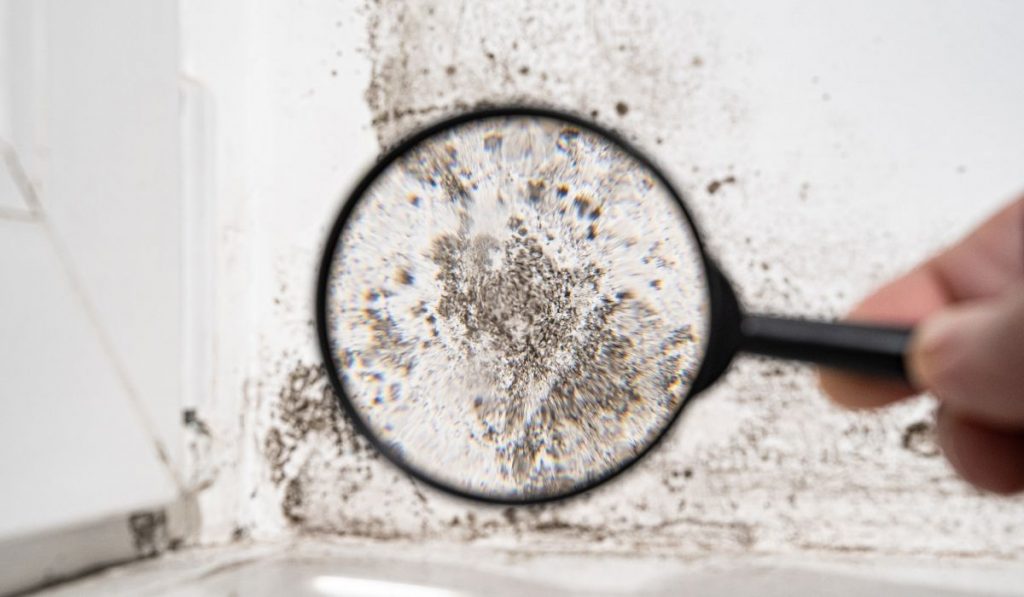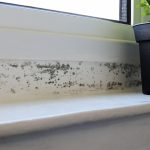Everything You Need To Know About Mould
No one likes mould. Left unattended, it can cause a host of unpleasant health problems that diminish your quality of life. It can also damage your property, which leads to expensive repairs. Keep reading to discover everything you need to know about mould. From causes to prevention, we’re here to help.
What Is Mould?
Mould is a microscopic fungus that exists as part of our ecosystem. There are thousands of known species, but only some are hazardous to humans, whereas others are mild. That doesn’t mean the consequences of ignoring it should be overlooked, however, as spores produce allergens that cause an array of unpleasant symptoms irrespective of toxic qualities.
Symptoms of exposure include a runny nose, a rash, sneezing and coughing. For asthma sufferers, it can induce an asthma attack. A sign you have mould in your property can be that you develop uncanny allergies when you’re at home, but they disappear elsewhere. Not everyone is sensitive to these spores, so symptoms can vary from mild to severe.
Asides from your physical health, mould spores can cause irreparable damage to your property. It can grown on most surfaces, including wood and paper. Mould growth disturbs these materials, resulting in costly repairs. That’s why it’s important to deal with it as soon as possible.
What Causes It?
Mould thrives in damp, poorly ventilated areas. If your home suffers from high humidity, rising damp or weak ventilation facilities, then you’re more at risk of exposure. It’s notorious for developing in bathrooms and kitchens where moisture levels are consistently high. In essence, a mould-free home is hard to circumvent. However, there are preventative measures you can enlist to lower your chances:
Ventilate your home. Turn your extractor fan on after you’ve had a shower and when cooking.
Open the windows. This will stop the humidity levels snowballing and improve air circulation in your home.
Dry wet areas immediately. Prioritise drying any spillages or excess water to prevent mould growth. This is especially true in your kitchen and bathroom that see high volumes of moisture.
If you have damaged pipework, leaks or damp in your foundations, then this will need to be dealt with by a professional. Mould in your walls or floors is much harder to detect, but a specialist will be able to survey your home for the source.
Can You Treat It?
Thankfully, mild cases can usually be dealt with at home. There are products on the market designed to eradicate mould, but often times a bleach solution can do the job. Some home remedies can also be effective, such as baking soda and white vinegar. In most cases, however, it’s best to consult a specialist for guidance.
The best forms of treatment are the preventative measures listed above. It’s no good getting rid of it only to have it grow back a month later! If you need professional advice or a consultation, don’t be afraid to get in touch with our experts.
Mould Treatments At Orchard Preservations
Get in touch if you suspect you have mould or need a professional survey at competitive prices. Our specialists are equipped with the knowledge and skillset to eliminate mould growth. We can also offer support and advice to prevent it coming back. Give us a call today to speak to a member of our team.




